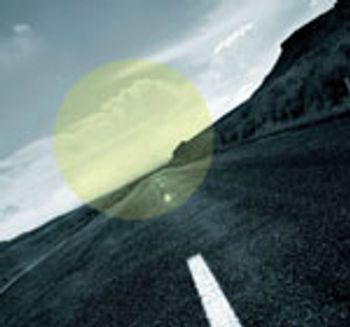
Goals and milestone recognitions may help children with cancer get through treatment a little easier.

Goals and milestone recognitions may help children with cancer get through treatment a little easier.

Long-term and late effects from toxic regimens from childhood cancer treatments include heart damage, lung problems and infertility.

Pediatric cancer treatment has come a long way, but health problems persist in survivorship.

A recent report notes that certain health issues observed in young adult survivors are typically seen in much older individuals.

Sarcoma is more common in children and young adults.

Soft tissue sarcoma has benefited from research in other cancers.

Childhood and young adult cancer survivors need fertility preservation information, but are they getting it from their oncologists?

A kid can bring out the best in people.

Creating Hope for Childhood Cancer

Adolescent and young adult cancer survivors must be their own advocates to live long and well.

Online tool helps cancer survivors know what to look for years after treatment

Researchers found that in some childhood cancer survivors, a late effect called cardiomyopathy, a condition where the heart cannot pump properly, was tied to a specific gene and drug dose.

A report, published in the Journal of Clinical Oncology, looks at the outcomes in children and adolescents with cancer, hoping to provide insights that will guide future research.

Camp Friendship offers a week-long residential camp free of charge for kids with cancer.

The Childhood Cancer Foundation in Canada recognized the unique needs of teens with cancer and created Teen Connector, a Facebook-style website.

Kids with cancer, their siblings, and parents learn relaxation, meditation, and breathing techniques.

Parents can help ease the transition from school to clinic and back again.

There are several organizations and institutions that have prepared school-related documents and checklists for parents of childhood cancer patients.

Newer targets found on cancer cells are providing scientists the ammunition to better treat cancer.

Childhood cancer survivors need long-term surveillance to keep up with late-term effects, screenings, and other health-related issues.

Researchers identify what survivors need to get physically active.

Childhood cancer survivors find lifelong care at ACE program.

CURE chooses the winning essay for it 2009 Extraordinary Healer Award for Oncology Nursing.

Reorienting kids to their academic and social lives after cancer.

The risk of secondary cancers in childhood cancer survivors and what survivors can do to protect themselves.